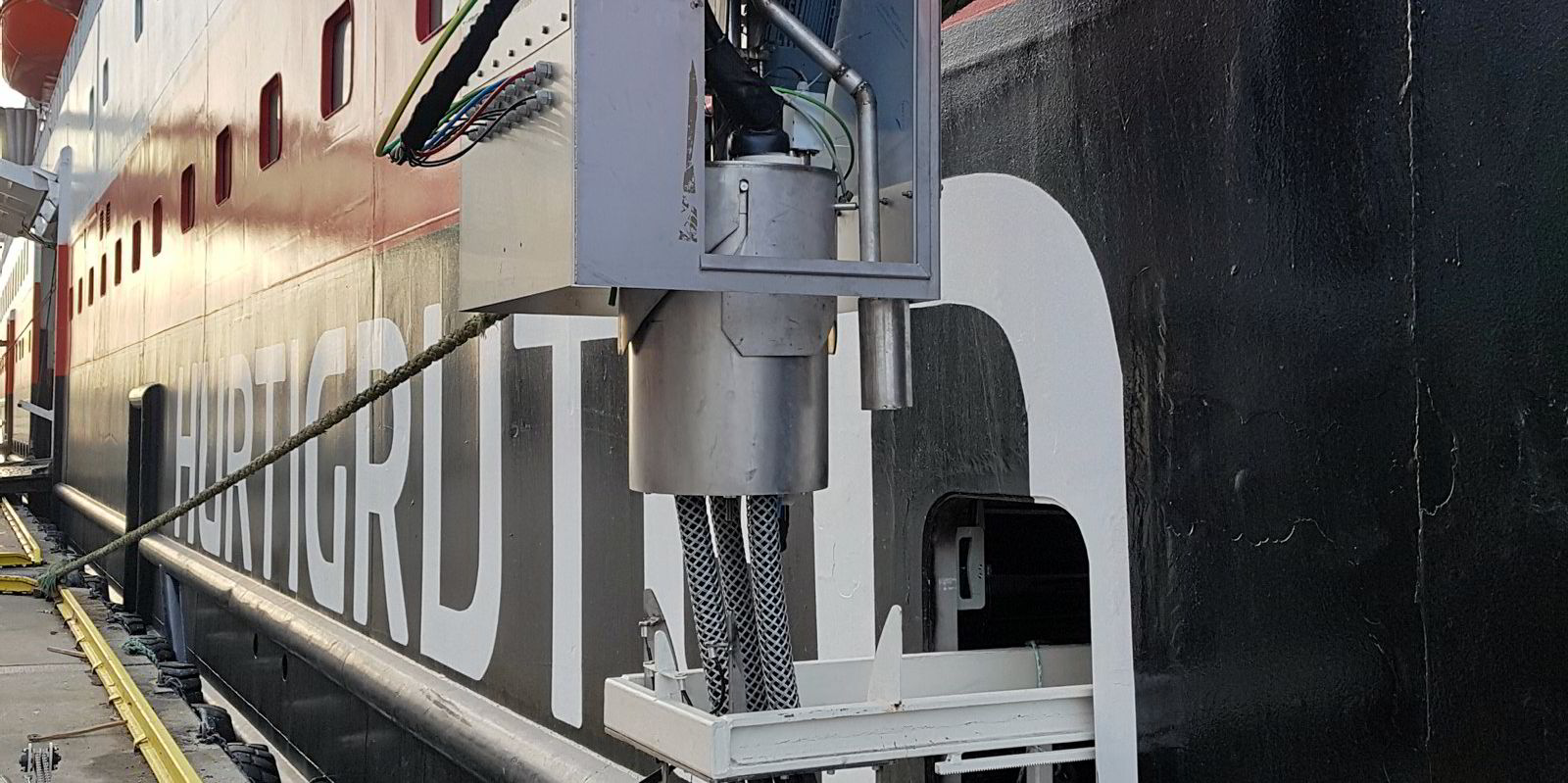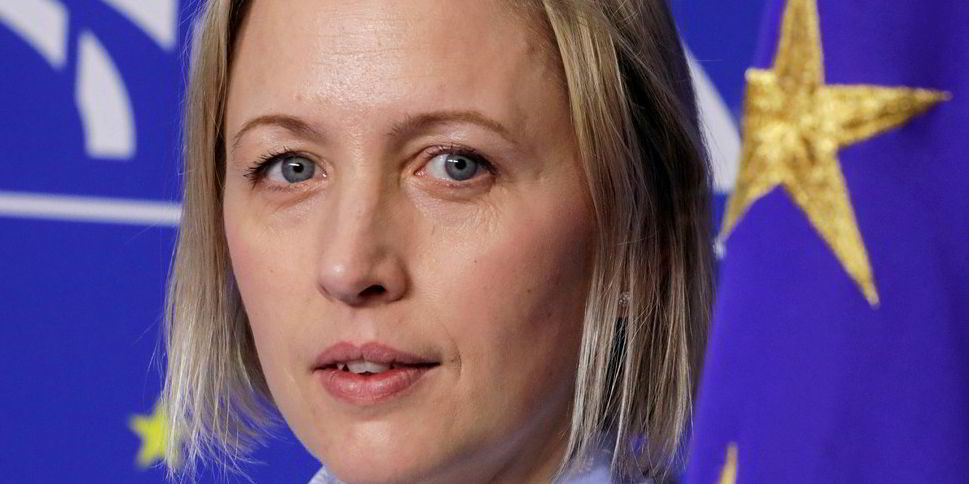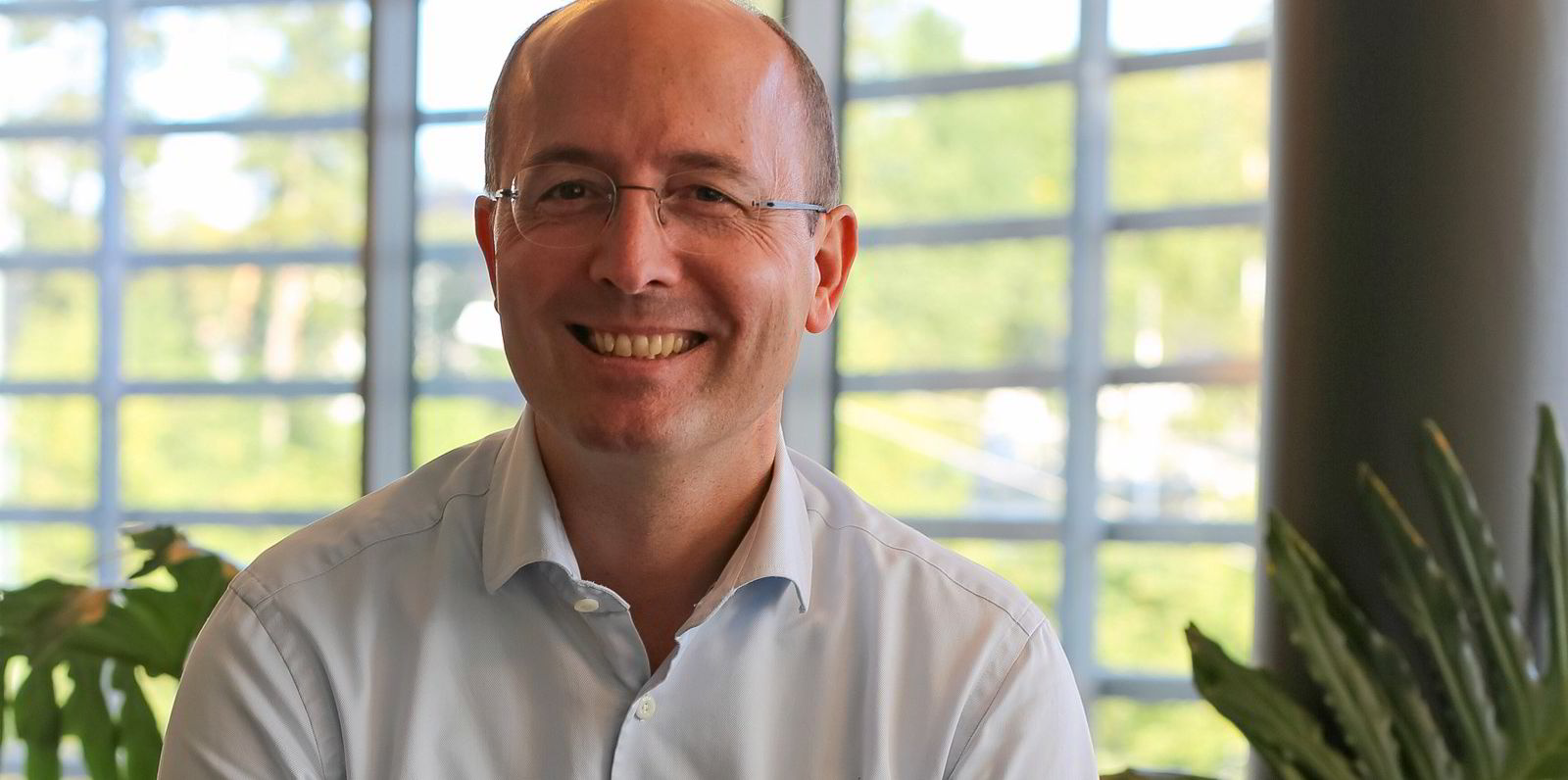A proposed amendment to the European Union’s monitoring, reporting and verification (MRV) scheme calls for a ban on emissions from ships in ports by 2030.
If adopted, the little-noticed move by the European Parliament would put “cold ironing” — whereby ships plug into electrical supplies at ports — back on the agenda for huge numbers of vessels. It would require the technology well beyond the few ferries, cruiseships and boxships that are currently fitted for it.
The proposal that “companies shall ensure that, by 2030, no ships under their responsibility emit GHG [greenhouse gas] emissions when at berth” has already alerted one maritime technology company to relaunch its efforts to develop cold-ironing systems.
Yara Marine Technologies is partnering French shore power supply company NG3, which has been delivering cold-ironing technology to vessels for the past decade.
Yara Marine chief sales officer Aleksander Askeland said the Norwegian scrubber company was involved in shore-power projects for ships years ago, but the market proved too slow.
“Now, however, with new regulation and grants supporting shipowners’ shore-power investments, we are back in the business of shore power,” he said. “Together with NG3, we are ready to take on new orders.”
Yara Marine will use NG3’s technology to provide a complete cold-ironing system-fitting service as demand takes off.
Easier to fit than scrubbers
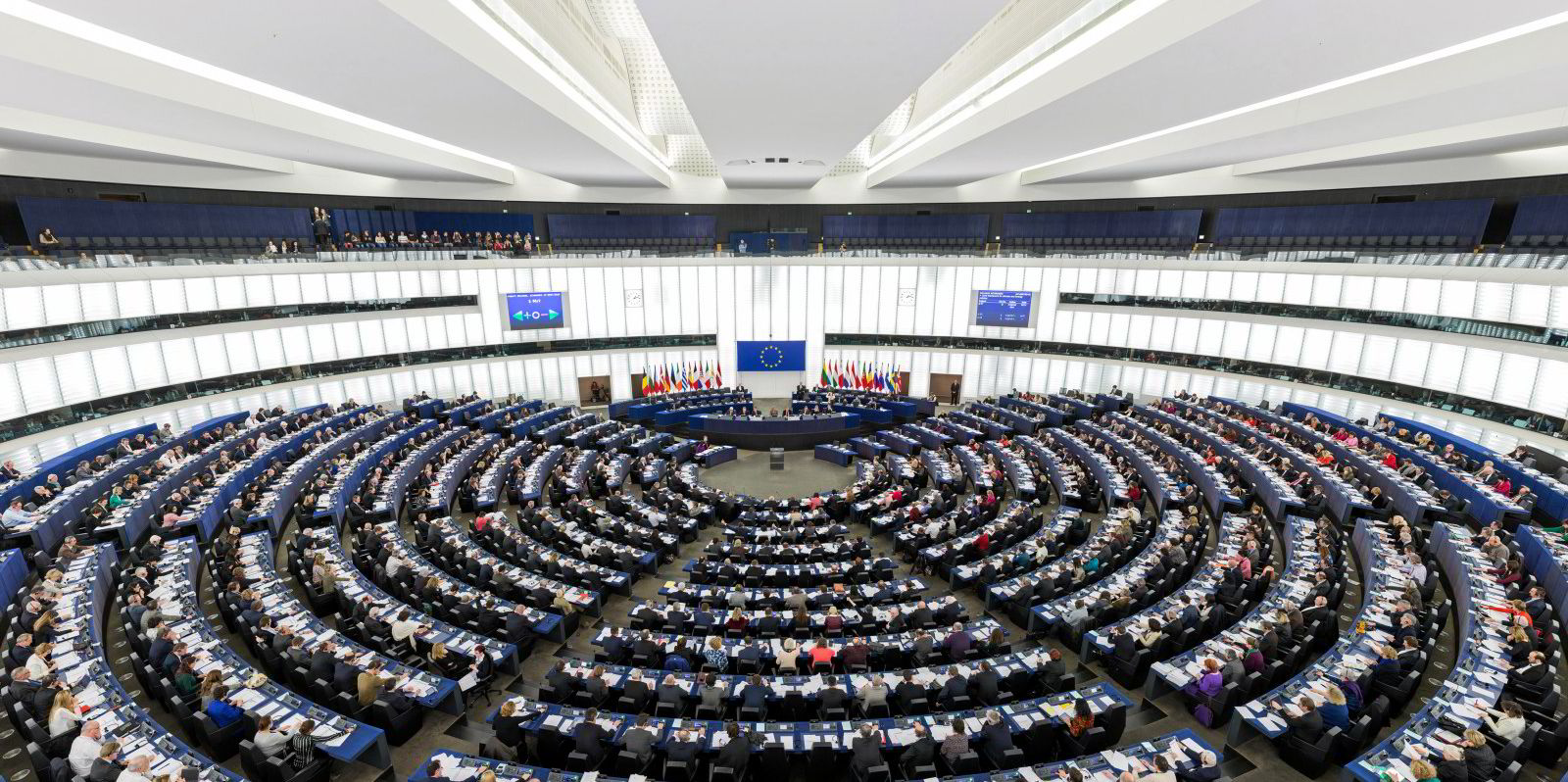
Askeland said: “If the EU regulation comes through, it will include all the big shipping segments. It’s easier to fit this technology than scrubbers, without downtime on vessels, but it is going to require an effort on the part of quite a number of owners to move in this direction.”
Last year, Yara Marine adopted a new strategy to widen its maritime technology portfolio into green sectors, and Askeland said NG3’s competence and aim to improve its technology “makes for a great cultural fit with us”.
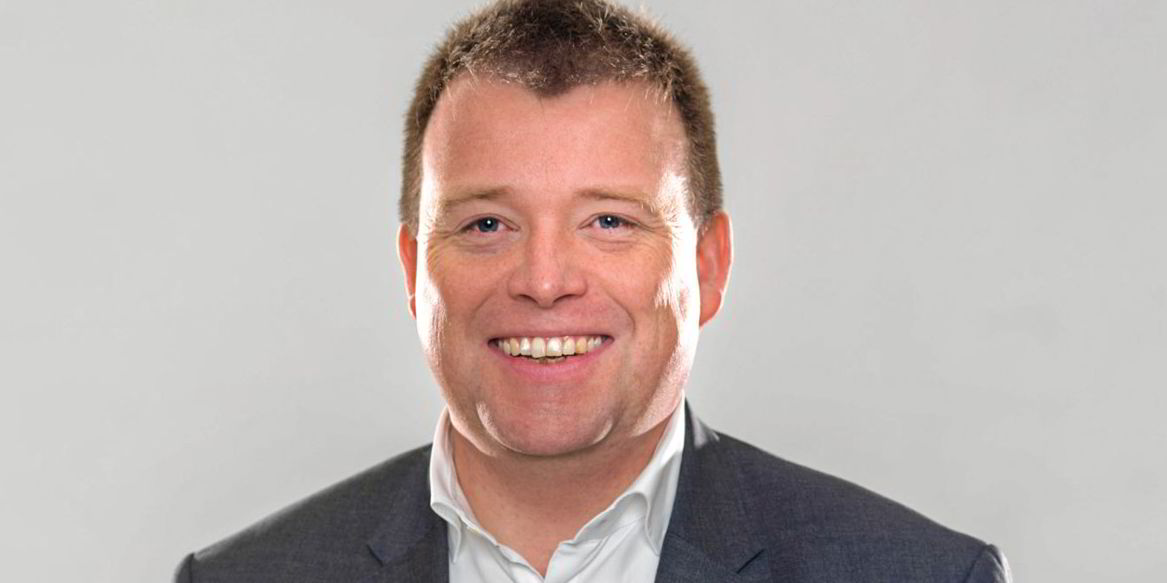
The partnership is the first concrete evidence of Yara Marine’s greening, but earlier this year it announced the winner of its first innovation accelerator was an Israeli developer of a marine aluminium-air battery system. Phoenician Energy’s batteries produce electricity from the reaction of oxygen from the air with aluminium anodes.
The EU emissions ban will include any ships larger than 5,000 gt arriving at or operating from ports under the jurisdiction of member states. Several European ports have already opted to ban GHG emissions from ships from 2025, and China is ordering cruiseships staying longer than three hours to cold-iron.
The European Community Shipowners’ Association (ECSA) said it is aware of the amendment “and we strongly oppose the introduction of any measures which go beyond the original scope of the EU MRV regulation”.
The ECSA supports full alignment of European emissions regulations with those adopted by the International Maritime Organization. It added that a berth standard is one of the policy options the European Commission is considering under the FuelEU Maritime proposal, expected this quarter, and that it has contributed to all the consultations.
“This is a major step for the industry,” Askeland said of the EU's cold-ironing plans. “It will cut emissions tremendously.”
